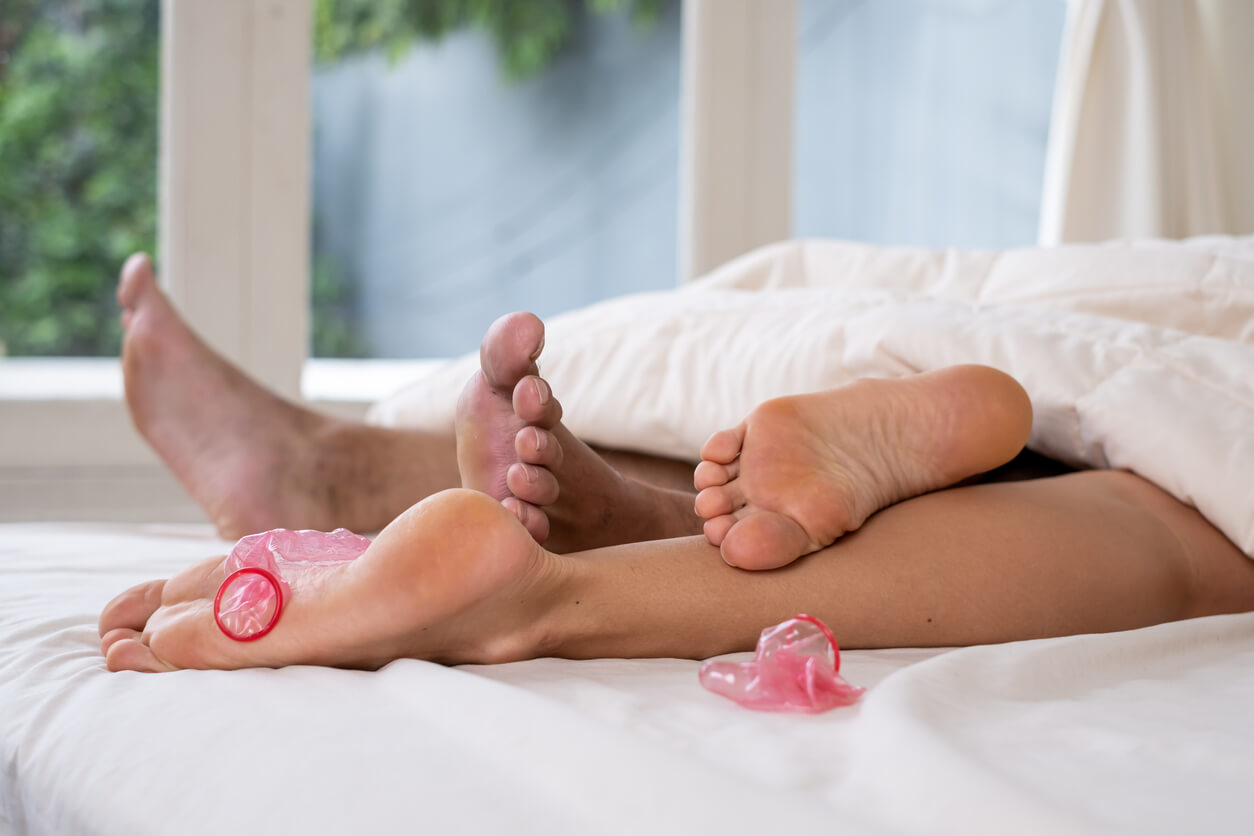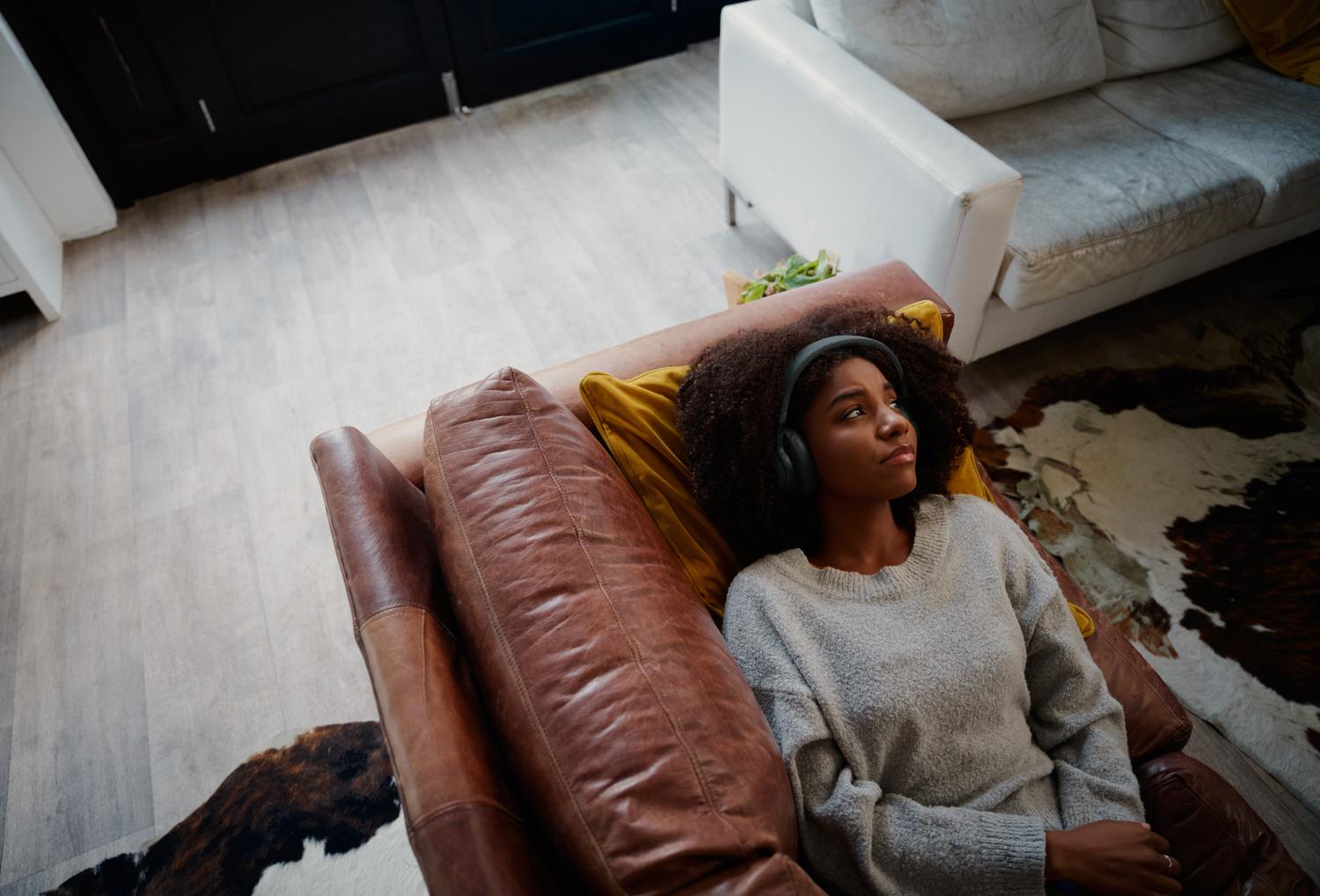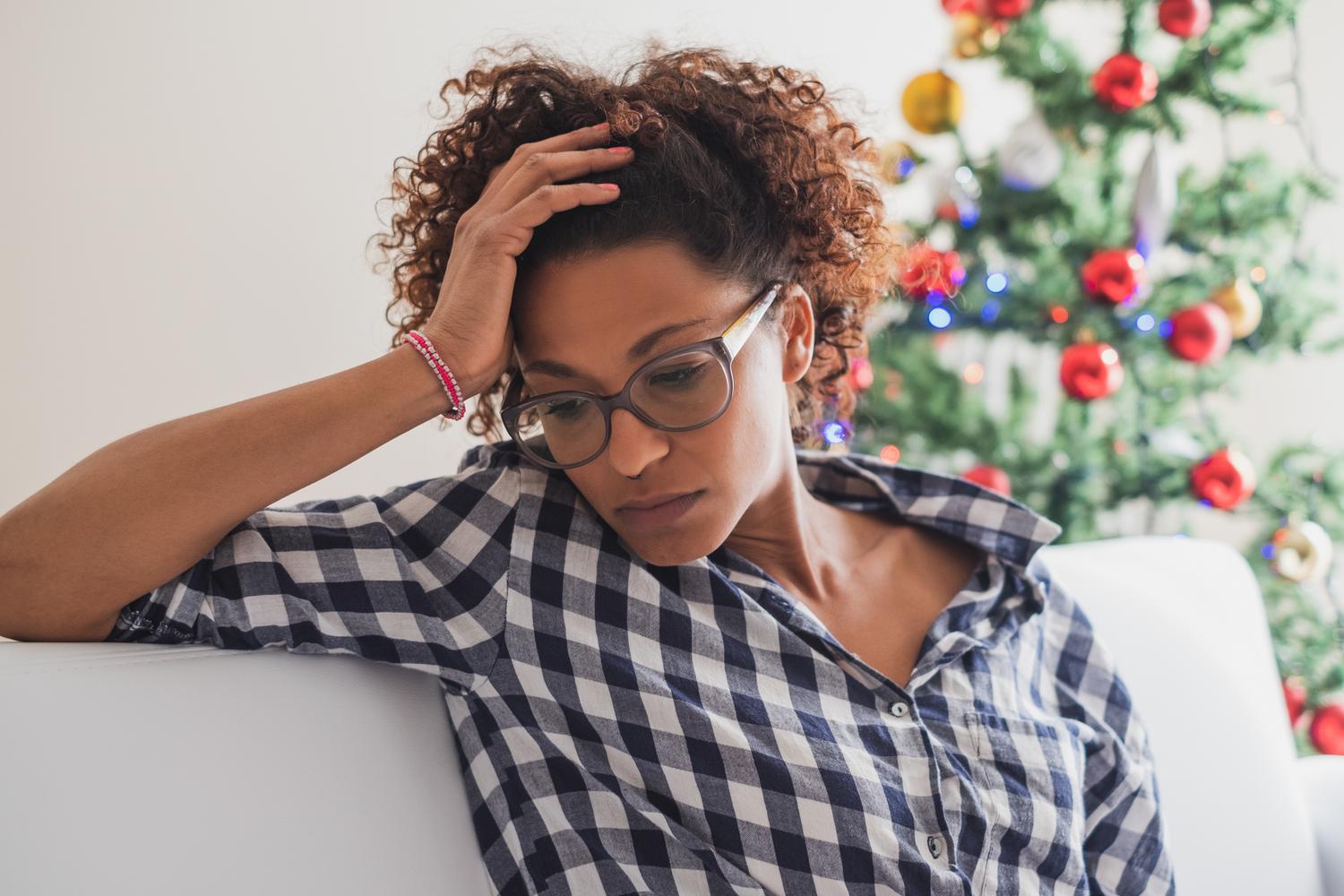How to Reduce Stress and Anxiety Fast
Key takeaways
- There are many holistic ways to relieve stress and anxiety, including breathing exercises, physical activity, eating nutrient-rich foods, talk therapy, and spending time with loved ones
- These techniques can be used individually or combined to help calm your mind and body in both everyday and high-stress moments
- If you experience chronic stress or anxiety regularly, it’s important to talk to a healthcare provider for personalized help and treatment
Experiencing occasional stress and anxiety is normal. After all, daily life is full of minor stressors: being stuck in a traffic jam, forgetting to pay a bill, the internet failing before an important call, getting into a disagreement with a loved one. Still, those small inconveniences can add up.
When left unaddressed, minor stressors can grow and cast a shadow over your life. This article will help you learn effective relaxation techniques that you can use to manage your stress levels and reduce anxiety.
Strategies to reduce stress and anxiety
Unmanaged chronic stress can lead to health conditions like anxiety disorders, depression and heart disease. Fortunately, there are strategies that you can use to help you relieve stress and cope with anxious or negative thoughts in a healthy way.
Some evidence-based activities that can help with stress management include:
- Breathing exercises
- Regular physical activity
- Eating a balanced and healthy diet
- Talk therapy and support groups
- Spending time with your loved ones
1. Try breathing exercises
If you often feel like it's hard to breath when you're overwhelmed, you may be experiencing anxiety-related shortness of breath. This sensation can leave you feeling like you can't get enough air, and it can be uncomfortable and disorienting. However, deep breathing exercises can help, and you can do them anywhere at any time.
One of the most simple and well-known methods is called box breathing:
- Step 1: Find a comfortable position, preferably sitting up or lying down.
- Step 2: Take a few moments to simply observe your breathing and settle into your surroundings. If you would like to, you can close your eyes for the duration of the exercise.
- Step 3: Breathe in through your nose for 3 seconds.
- Step 4: Hold your breath for 3 seconds.
- Step 5: Gently exhale through your mouth for 3 seconds.
- Step 6: Hold your breath for 3 seconds.
- Step 7: Repeat a few more times or until you feel more at ease again.
There are many variations of this breathing technique that you can do. For instance, in 4-7-8 breathing, you inhale for four seconds, hold your breath for seven seconds and exhale slowly for eight seconds. There is also 4-2-6 breathing, where you inhale for four seconds, hold your breath for two seconds, then exhale for six seconds.
The key to getting the most benefits out of deep breathing exercises is to repeat them while staying still until you begin to feel more grounded again.
2. Get regular physical activity
Exercise and relaxation may not seem to go hand in hand at first glance. After all, exercise often involves putting stress on your body. However, physical activity can actually help reduce stress and anxiety, improving both your mental and physical health.
People who regularly exercise tend to have an easier time responding to daily stressors. In turn, that can help reduce their chances of developing health problems, like mental illness and high blood pressure, that are associated with unmanaged chronic stress. There is also a link between regular physical activity and higher self-esteem.
Exercise can help you shift your focus away from your negative thoughts and feelings of stress and anxiety. It can help you clear your mind and allow you to work through your emotions with more clarity.
When you exercise, your brain releases feel-good chemicals, also known as endorphins or neurotransmitters, like dopamine and serotonin. Dopamine and serotonin play a large role in regulating your mood and emotions.
Additionally, regular exercise can have a positive impact on the quality of your sleep. Physical activity can help relax your muscles and reduce tension, making it easier to fall and stay asleep throughout the night. Getting enough sleep allows your brain to properly recharge, which can enhance your mood, memory, and overall brain health.
A little goes a long way when it comes to harnessing the power of movement to improve your mental health. A brisk, 10-minute walk can have the same anxiety-reducing effects as a 45-minute workout. You can also opt for exercise routines like cozy cardio if you’re looking for a more gentle approach to fitness.
3. Eat a balanced and healthy diet
A balanced and healthy diet can play a large role in your mental well-being. Your gut and your brain are closely related. Some scientists even call the gut, “your second brain.” Evidence has been found that suggests irritation in the digestive system may send signals to the central nervous system (CNS) that lead to mood changes. This is why eating certain foods can help improve your mental health and overall well-being.
Some foods that can help reduce stress include:
- Extra dark chocolate (75% cacao or more)
- Fatty fish like tuna, salmon and sardines
- Leafy greens like spinach, kale and microgreens
- Avocados
- Legumes like beans and lentils
- Green tea
- Hemp seeds, chia seeds and flaxseeds
These foods all contain different stress-relieving compounds and nutrients like iron, omega-3’s, antioxidants like lutein, amino acids, potassium and magnesium, to name a few.
Changing your diet alone may not relieve you of stress and anxiety altogether. However, it can help support the other things you choose to implement to manage your symptoms and help support your brain health in the process.
4. Consider talk therapy
Talk therapy or psychotherapy, is one of the most effective tools for managing anxiety and reducing stress. A mental health professional can help you come up with a plan of action for reducing your anxiety and stress levels. They can also teach you essential stress relief techniques to help you be better equipped to deal with triggering situations as they arise.
According to the American Psychological Association, cognitive behavioral therapy (CBT) is one of the most effective types of psychotherapy for reducing anxiety. It can help you learn stress-management-based techniques to help you feel more in control of your negative and stressful thoughts. It can also help increase your confidence and ability to face challenging or stressful situations.
Many therapists can also connect you with support groups so you can talk to other people who are struggling with similar issues. This can help you feel less alone and foster a space where you can be vulnerable and talk through your experience in a safe and controlled environment.
5. Spend time with your loved ones
Sometimes, when people are under high levels of stress and anxiety, they can close themselves off from their support system.
However, spending quality time with family members and loved ones can help you feel more connected during those difficult moments in your life. Regular with your support system can foster a sense of belonging and purpose.
Strong bonds don’t only help us feel happy in the moment. People with strong relationships have also been shown to live longer and healthier lives.
Identifying the causes of stress and anxiety
The best way to combat stress and anxiety is to recognize what's causing it. Examples of common stressors include deadlines, difficult conversations, or test results. Once the stressor is resolved, stress levels tend to decrease, although stress can sometimes persist for longer periods of time. This persistent stress is referred to as chronic stress.
Anxiety, however, is an internal response to stress. It is a type of emotional reaction that can linger even after the stressor has passed. Anxiety can also occur without any clear trigger or danger present. People with anxiety disorders often experience excessive worry or fear that can interfere with their daily lives.
Learning to understand the differences and similarities between stress and anxiety can help you address and protect yourself from your stressors.
How Sesame can help
If you feel caught in a cycle of anxiety and stress, Sesame offers hassle-free, affordable anxiety treatment online from quality health care providers.
Sesame makes it easy to connect with thousands of qualified and affordable mental health providers. This way, you can receive seamless access to personalized treatment plans to help you manage your stress levels and reduce anxiety.









